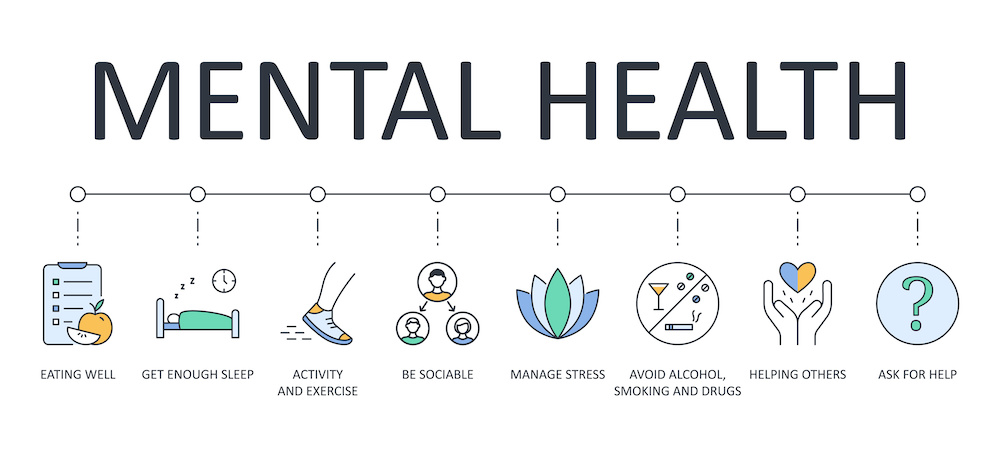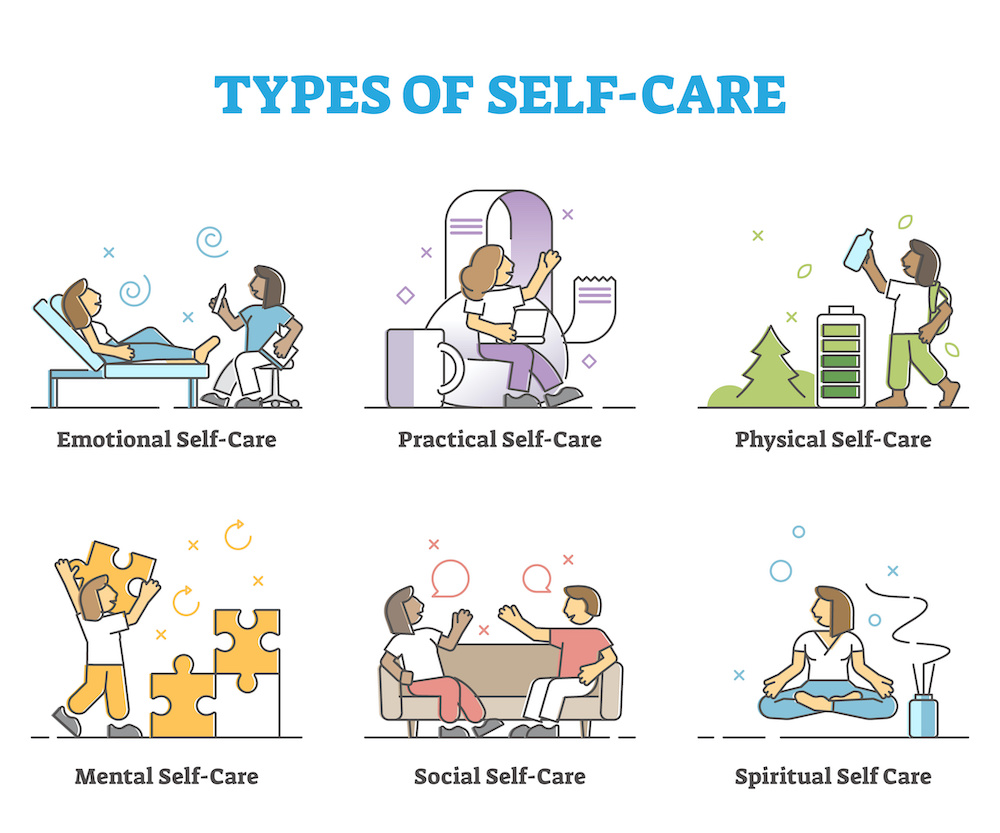- April 5, 2021
- Marketing Strategy
- Comments : 0
9 Ways Managers Can Support their Employees Mental Health
9 Ways Managers Can Support their Employees Mental Health
When you’re a manager, your employees mental health is essential. Now more than ever, mental health is an epidemic. Recent research suggests that 42% of global employees experienced worsening mental health since the pandemic began.
The quality of someone’s experiences at work can drastically impact their mental health. As a manager, it’s essential to provide an environment that keeps your employees healthy and safe. Mental health is no exception to that rule.
While compassion for your employees should be standard, it’s also important to note that businesses have lost billions of dollars due to poor productivity and absent employees. If you aren’t keeping an eye out for your employees’ well-being, you are hurting your bottom line.
Managers that make mental health a priority make a safer environment that’ll allow employees to bring their best selves to work. So, what can you do to help?

1. Understand what Mental Health Is
Unfortunately, there are a lot of mental health misconceptions out there. To tackle employees mental health problems head-on, you need to have a grasp on what mental health encompasses.
It’s normal to not fully understand what mental health truly means. According to the World Health Organization, employee mental health is a blanket term covering the emotional, psychological, and social well-being of people in the workplace.
You don’t have to have a psychological disorder to struggle with your mental health. Mental health is often treated less seriously than other types of health, though it’s something almost every person will struggle with in their lifetime.

2. Talk about Mental Health
As stated in tip one, Mental health is often stigmatized. Simply encouraging good mental health in the same way you would for physical health can help break down the barriers of stigma.
It’s vital that you not only talk about mental health, but check in on where your company is at right now. Encourage employees to take an anonymous workplace mental health survey. What you gather from that survey can help guide you on where to start.

3. Provide Mental Health Days
While some employers create extra sick days specifically for mental health, just mentioning that mental health is a valid reason to take a sick day can boost morale. It’ll encourage employee honesty and once again do work to destigmatize mental health issues within your workplace.
Since mental health problems have been so heavily scrutinized for so long, the idea of allowing employees to take the day off for mental health may seem odd. The truth is, poor mental health can have incredibly damaging effects when not tended to.
In the same way, you wouldn’t want an employee coming into the office when they have a fever, you might not want an employee coming in when they’re dealing with a mental health problem.

4. Encourage a Work/Life Balance
Create an environment where employees have an excellent work-life balance. Try not to make them work outside of their hours, and have meetings that encourage that balance. While it may seem counterintuitive, poor work/life balance ultimately does more harm than good.
Making your employees consistently work overtime or answer to you outside of their hours may lead to short-term efficiency, but it’ll generate long-term problems such as employee burnout and other mental health problems.

5. Create opportunities that allow Employees to De-stress
While it seems counter-intuitive, creating more opportunities for employees to take a step from their desk increases productivity. This could mean anything from offering extended lunchtimes on certain days to allowing your employees days off to volunteer. Organizing recreational events such as optional group soccer games can boost morale as well.

6. Create a Safe and Encouraging Environment
While creating a safe and encouraging environment is no easy task, it’s paramount in supporting your employees’ mental health.
Ensure nobody is getting harassed and that everyone treats each other professionally and with dignity. Struggling with interpersonal conflict can lead to serious mental health problems, so it’s essential to keep an eye on how your employees treat each other and reprimand bad behavior when you see it.
While any workplace needs to get things done, it’s important that your employees aren’t too afraid to fail. Mistakes happen. Talk to your employees and make sure they know they can come to you when they feel confused and uncertain. Treat employee failure as a learning experience rather than an opportunity to reprimand.

7. Get to Know your Employees
Knowing a bit more about your employees can help you get a sense of where they’ll thrive. If you’re giving team managing activities to your workplace’s biggest introvert, you aren’t setting up that employee for success.
While it’s, of course, necessary for employees to succeed anywhere in their given role, assigning them tasks you know they’ll be good in when possible can help minimize stress and boost morale.
How do you better know your employees? Ask for feedback. Have one on one meetings and encourage an environment where discussion is allowed. Ask your employees about their work styles. Are they more introverted or extroverted? Make sure they know that there isn’t a wrong answer.

8. Advocate for Benefits
Not all managers are in charge of benefits, but if you’re working in a small company or are in a high position, do what you can to get mental health care into the benefits package of yourself and your employees mental health.
Make sure your employees are aware of any existing benefits. Many people are hesitant to use mental health services because of the stigma, even with benefits. Foster an environment where that’s encouraging.

9. Understand there’s No Quick Fix
Casual Fridays and pizza days won’t do much if you aren’t fostering an environment that allows open discussion and encourages mental health care. Remember to treat each and every employee like the individual that they are. Check-in with yourself and your team members frequently and make the workplace as stress-free as possible.

Mental health problems are often overlooked, ignored, or, at worst, scoffed at. The best managers will recognize the importance of mental health and what good mental health can do for a team’s success. Remember to treat your employees with kindness.
We at Mr. Pipeline believe in the importance of mental health in business. If you need services to help you grow your home service business, contact us today!






